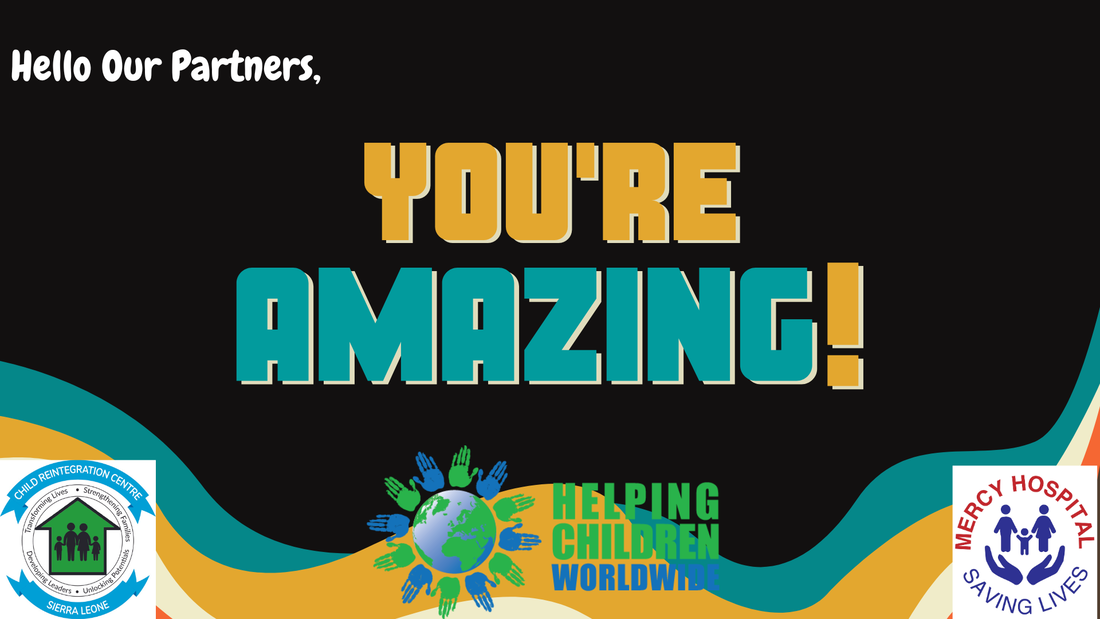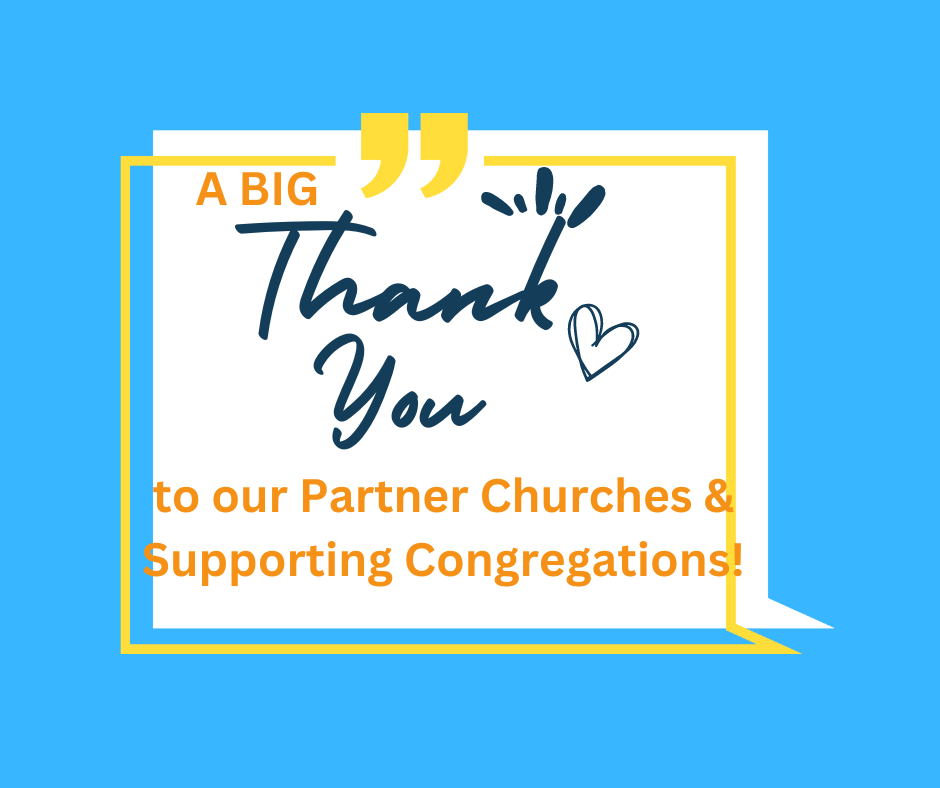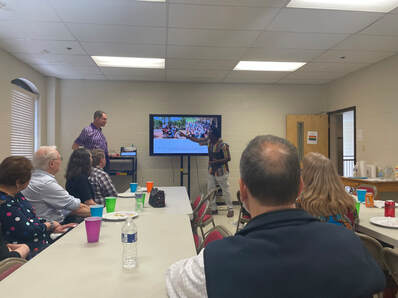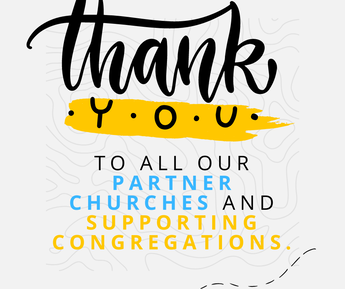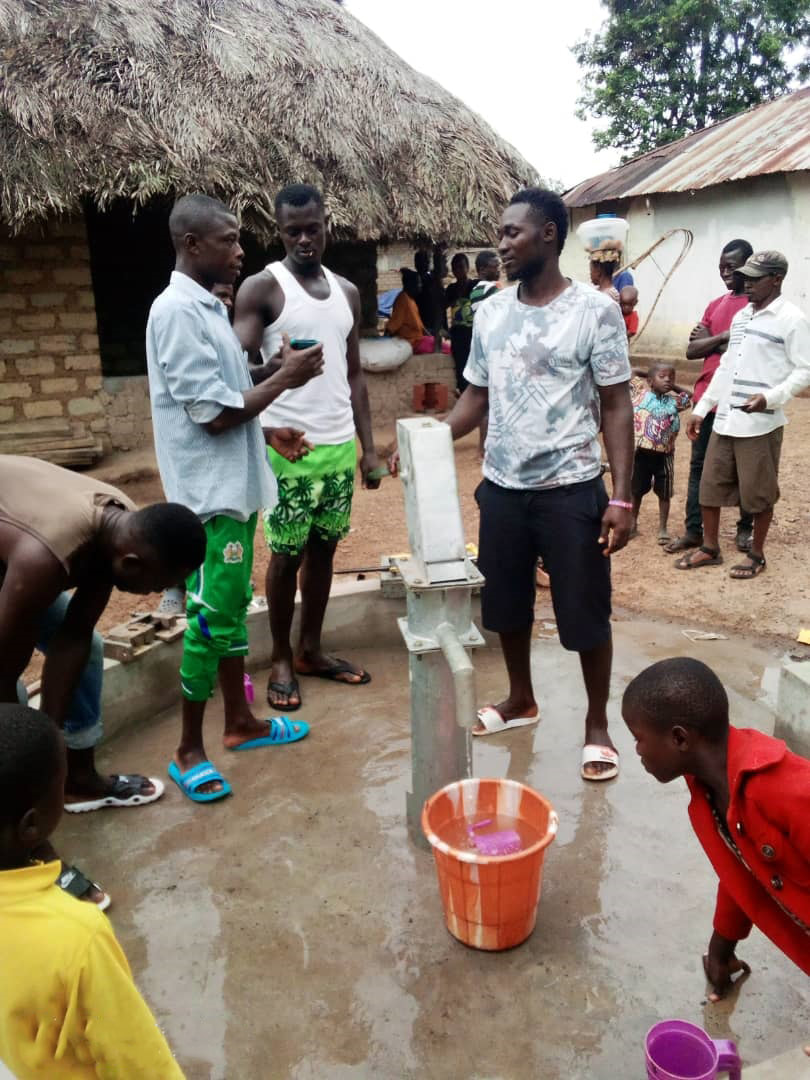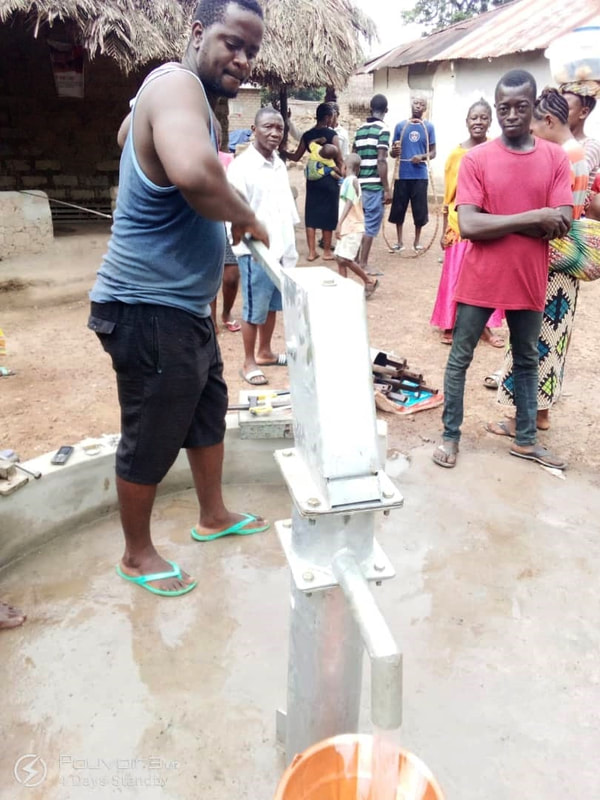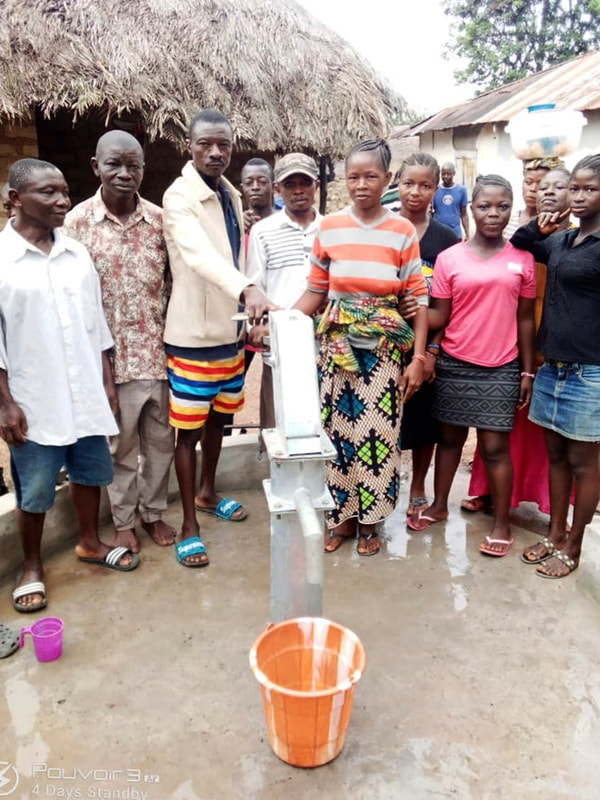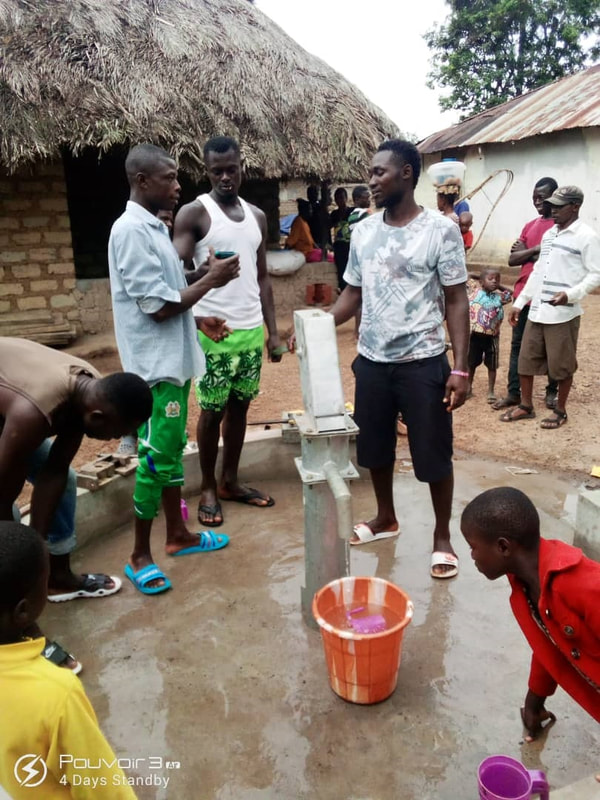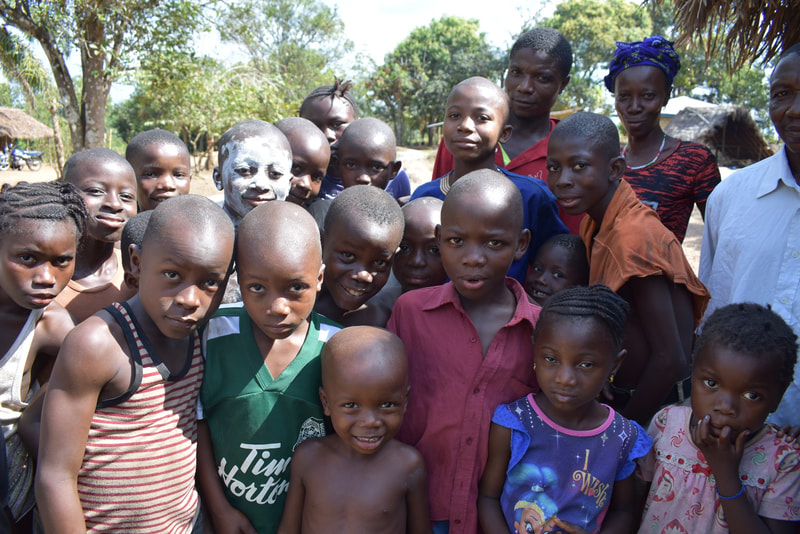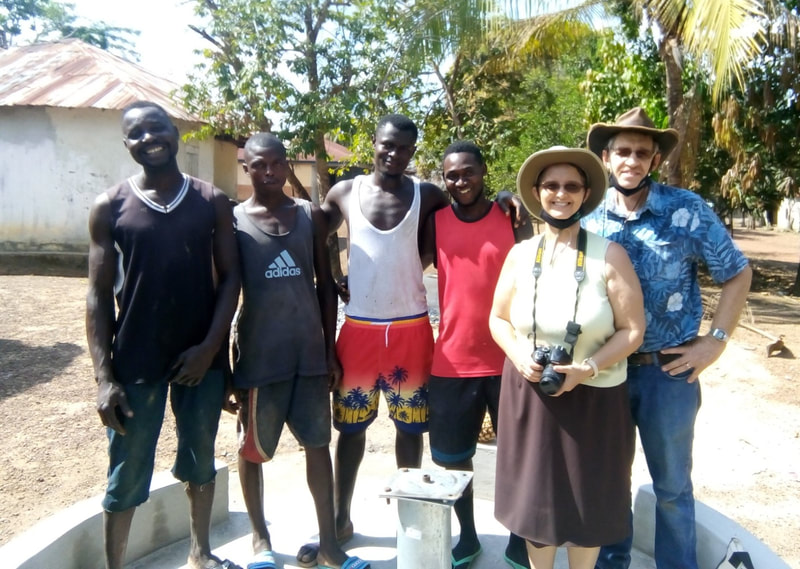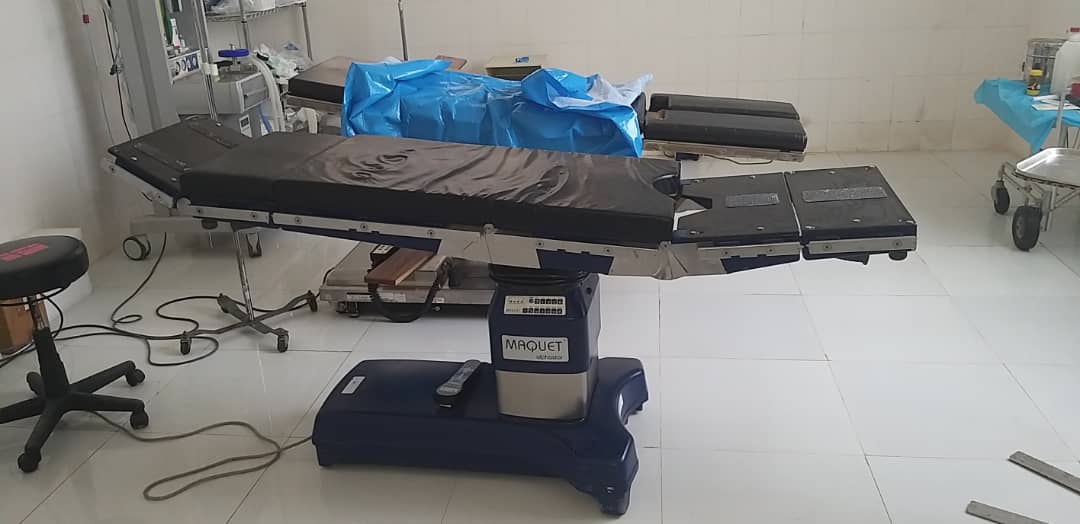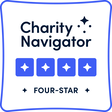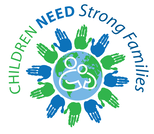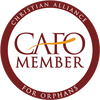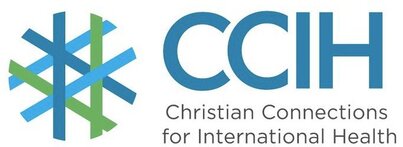|
From all of us here at Helping Children Worldwide in collaboration with our local partners, the Child Reintegration Centre and Mercy Hospital, we are giving a BIG shout-out to all our PARTNER CHURCHES & SUPPORTING CONGREGATIONS for your faithful partnership and commitment to changing lives and healing the world! At Helping Children Worldwide, we acknowledge the fact that having wonderful supporting churches to promote a cause like this is a huge blessing. Through this ministry, the Child Reintegration Centre and Mercy Hospital are transforming lives and changing communities because of the support of vibrant partner churches and supporting congregations working together to advance God's Kingdom through prayers, material and financial support, and physical presence on the ground through mission trips to work with local leaders to make changes for good. That is phenomenal! Your partnership to this ministry is saving lives, strengthening families, unlocking potential, developing leaders, and empowering communities. Thank you for bringing transformation to the world through the amazing work you do in your immediate communities and communites far away from you. 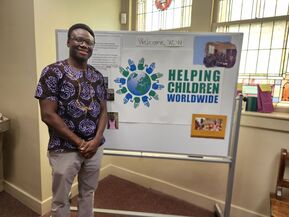 Recent Mission/Good News Moments A special shout-out to the following churches for hosting amazing ministry (Good News) moments in the past couple months with Emmanuel Nabieu.
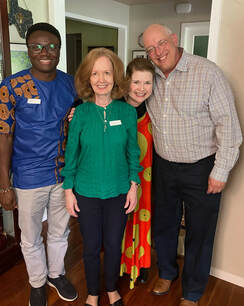
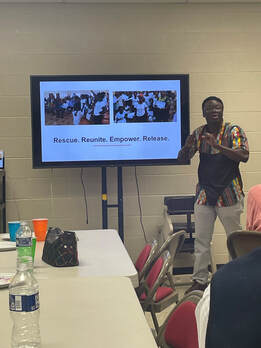
Looking for more ways to get involved as partner church or supporting congregation? Please contact Nabs at [email protected].
0 Comments
Two years ago, HCW Partner Church Ebenezer UMC committed to partner with Fengehun village to provide desperately needed clean water and sanitation solutions to the community. Initially delayed by country-wide COVID restrictions, the projects are now well under way in the capable hands of Elmer and Joann Reifel, missioners with Christians in Action Missions International who are based in Bo, Sierra Leone.
A major part of the Reifels’ work in Sierra Leone is providing clean water to communities in need via hand-drilled boreholes. Elmer is also an ordained minister who serves as CinA’s Africa Area Director. The Reifels use every opportunity to share the Gospel whenever possible. The Reifels’ work with Helping Children Worldwide began in 2018 when former HCW Field Director Kim Nabieu engaged them to drill wells in two small villages, funded by contributions made to HCW on behalf of a retiring Methodist minister. With the launch of the Village Partnership initiative, HCW asked the Reifels to submit a bid for wells and latrines that were needed in Fengehun, a village served by Mercy Hospital’s mobile outreach team. During a 2019 mission trip to Sierra Leone, Ebenezer UMC Pastor Rob Lough and Missions Director Tina DeBoeser met with Fengehun leadership and committed to a partnership between their church and the village. The projects were supposed to be completed in 2020, but COVID closures delayed the start until February of this year. The Reifels have completed the new fresh water well and have finished refurbishing the two older wells. They also began work on a new three-stall latrine. After the Fengehun projects are complete, they will begin similar projects in Lemblema, the site of another Village Partnership project. "We are pleased to let you know that the new well, the first on our list of to-do's in Fengehun, is complete and fully operational," Joann Reifel reported. "The pump base was installed in the new concrete base last week and given about four days to cure before installing the rest of the pump and shocking the water to purify it for drinking. A yield test allows us to gauge whether or not there is enough water coming into the hole to use a pump, and we do that before we commit to installing a pump. The yield of this well is a terrific 10.8 gallons per minute, so it should be able to keep up to the demand. " "The method we use for the drilling of the borehole is a manual drilling process using a variety of augers, cutters, rock breakers and tips depending on local geology," Joann explained. “The new pump parts were installed in the original standpipe and the water source is protected now from the parts of the well that were collapsing in on it and causing the mud to build up over the years." The new pipes also go further down than the old ones, allowing the villagers to pump water even during the dry season. The new and renovated wells should supply Fengehun village with clean, fresh water for many years to come. When the new latrines are completed, the village will be a healthier and more hospitable place for the residents. By Melody Curtiss, HCW Executive Director When Mercy Hospital's operating suite opened, Project Cure, through a generous donor, provided a large donation of medical equipment to outfit the new suite. Unfortunately, a surgical table, a very expensive and essential piece of equipment, was not available in Project Cure's warehouse at that time. For the time being, the Mercy surgical team would have to make do without a surgical table. Missioners Dr. Gary Gilkeson and his wife and HCW board member Mary Ann Gilkeson had connected HCW with the Medical University of South Carolina (MUSC) to discuss global health outreach to Africa, and we were stunned and blessed to discover MUSC's enthusiasm, immediate connection to our cause, and their desire to be of assistance. MUSC's Dr. Beth Gray and Dr. Misti Leyva traveled to Sierra Leone with the Gilkesons to collabroate with the Mercy staff. They carried over equipment in their luggage, worked with the medical staff to identify needs they could fulfill, and were planning to return in July 2020 when COVID shut everything down. (You can read more about the Gilkesons and MUSC's involvement in our Summer 2020 Magazine, "Not in my wildest dreams" page 12) MUSC generously offered to let Kim Nabieu, the Gilkesons, and me roam through their warehouse of surplus medical equipment in Charleston. Miraculously, Kim and Dr. Gilkeson spied a surgical table in the corner of the warehouse. Imagine our delight when MUSC agreed to not only donate the table, but also to store it until it could be shipped, and assist with the crating! With those matters resolved, we faced a new hurdle. The difficulty was trying to get the bed to Sierra Leone, both in terms of logistics and cost. It took 18 months, miraculous interventions of generous donors to provide for the cost of shipping, and the determination of the Gilkesons, the MUSC staff, and our partner church Bethel UMC, to get the bed from Charleston to Bo. After a year of further delays and complications with the shipping company, HCW's Program Finance Specialist Cynthia Grant (who is also M&E Team Lead and an international negotiation mastermind) was able to team up with Catherine Norman, the UMC Health Coordinator in Sierra Leone, to get the surgical bed to its destination, where it will enable the Mercy surgical staff to perform surgeries and save lives. |
Follow us on social media
Archive
July 2024
Click the button to read heartfelt tributes to a beloved Bishop, co- founder of our mission!
Post
|
Helping Children Worldwide is a 501 (c) 3 nonprofit organization | 703-793-9521 | [email protected]
©2017 - 2021 Helping Children Worldwide
All donations in the United States are tax-deductible in full or part. | Donor and Privacy Policy
©2017 - 2021 Helping Children Worldwide
All donations in the United States are tax-deductible in full or part. | Donor and Privacy Policy

